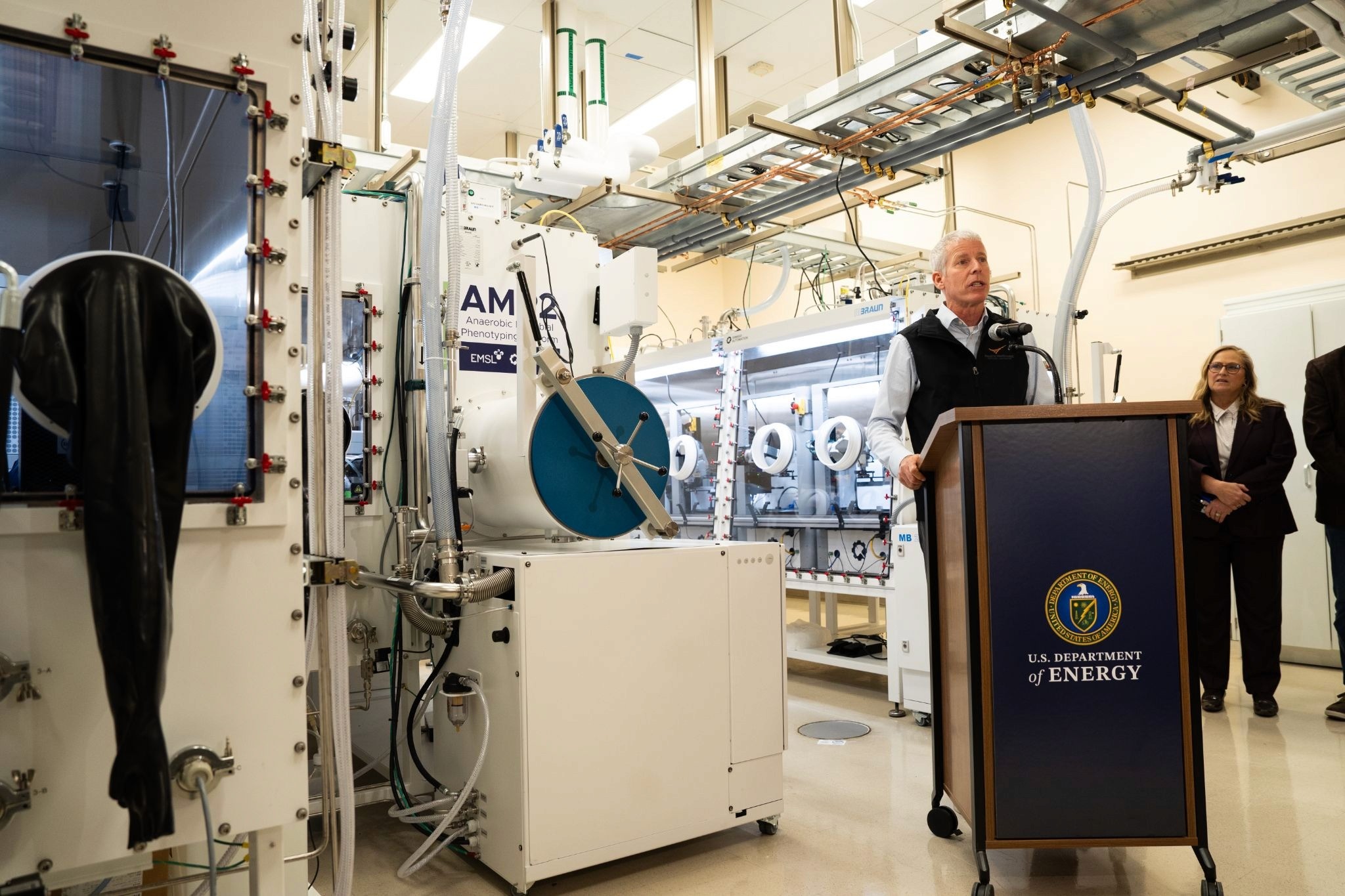Engineered Human Therapies
NIH Awards Grant to Lumen Bioscience for Cost-Effective Oral Malaria Vaccine
May 21, 2018
Lumen to utilize its cutting-edge, ultra-low-cost Spirulina production and delivery platform
Seattle, WA—May 21, 2018—Lumen Bioscience, a Seattle company developing novel biologics on its proprietary Spirulina expression platform, announced today that National Institutes of Health (NIH) will fund continued development of its ultra low-cost, recombinant oral malaria vaccine. This new STTR grant builds on groundbreaking prior research by Lumen and University of Washington researcher Sean Murphy showing that a Spirulina-based malaria vaccine can generate a protective systemic immune response in mice without needle injection.
In 2016, the World Health Organization reported 212 million cases of malaria worldwide, which led to over 400,000 deaths. There are currently no approved malaria vaccines in the United States and, like most modern vaccines, the only malaria vaccine candidate currently in late-stage development still requires refrigerated distribution and trained personnel for injection. Both are in short supply in developing countries. Other disadvantages of traditional injected vaccines include reduced patient adherence due to needle aversion, medical waste disposal costs, and relatively high manufacturing costs. All of these factors together tend to limit the reach and effectiveness of vaccination programs around the world.
Like the polio vaccine—one of the most successful public health stories of the 20th century—Lumen’s Spirulina-based vaccines are designed for oral administration, greatly simplifying distribution and administration to vulnerable populations. In addition, Lumen’s recombinant vaccines and other biologics are intended for room-temperature storage and distribution, and can be manufactured for pennies per dose or less.“We are thrilled to have the NIH’s support for this important research, and we are thrilled to be collaborating with our colleagues at the University of Washington to push this work forward,” said Brian Finrow, CEO and co-founder of Lumen. “This is important research in its own right, but we are also excited about the new lessons we can learn about our Spirulina production and oral delivery platform that are relevant to our other pre-clinical vaccine and antibody programs.”In January of this year the Bill & Melinda Gates Foundation also awarded a grant to Lumen to support early-stage development of ultra-low-cost, easily delivered antibody therapeutics to protect developing world infants from intestinal pathogens using its proprietary Spirulina platform.“We are very excited for this opportunity to evaluate the Spirulina-based vaccine platform as a potential malaria vaccine approach. People in malaria-endemic areas could definitely use vaccines that are low cost and easy-to-deliver” said Sean Murphy, MD/PhD, an assistant professor of laboratory medicine at the University of Washington School of Medicine and a clinical investigator at the Seattle Malaria Clinical Trials Center.This research will be initiated in early summer 2018 and will begin yielding results in early 2019.
About Lumen
Lumen Bioscience is the first company to successfully use modern biotechnology tools in Spirulina, a blue-green algae that is widely grown for use in food, cosmetics and nutritional supplements. Lumen's tools and methods use Spirulina to make high-value proteins and other molecules for healthcare, food, cosmetics and industry. Traditional biotech platforms, many based on yeast and E. coli, have proven unsuitable for the large-scale production of certain classes of proteins and other biologics. Lumen’s Spirulina technology provides an important new production platform for the biotechnology industry. For more information about Lumen please visit our website: www.lumen.bio.
About NIAID
This research is being supported by the National Institute of Allergy and Infectious Diseases of the National Institutes of Health under Award Number R41AI138623. The content is solely the responsibility of the authors and does not necessarily represent the official views of the National Institutes of Health.
Contacts
Opus Biotech CommunicationsDan Eramian, +1-425-306-8716danieleramian@comcast.net

















